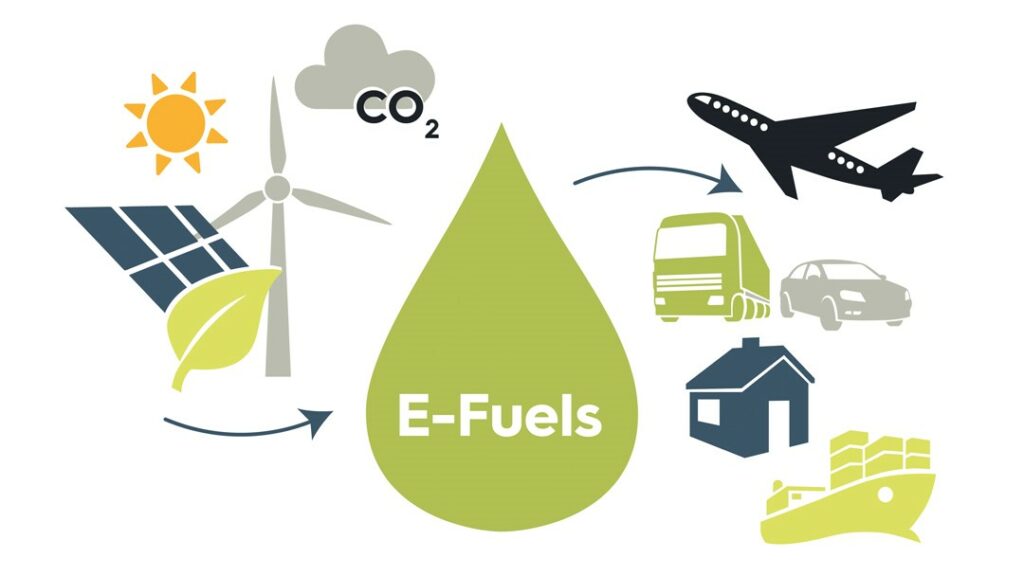
Last week, nearly at the same time, the German Minister for Transports and Digital Transition, Volker Wissing, and the Italian government both announced they would not vote for the agreement on the table between the European Parliament and the European Council for the end of the combustion motor from 2035. The Austrian and the Czech governments followed them, taking the same position a few days later. Poland and Bulgaria had already announced either their no (PL) or their abstention (BG). All these member state governments ask the Commission to do only one thing: to remain technologically neutral in political decisions.
The agreement between the Commission and the Council to proceed with the negotiations with the European Parliament on the end of the gas and diesel combustion motors in 2035 included making proposals on how cars with climate-neutral fuels (synthetic fuels produced with green energy, so-called e-fuels) could also be registered after 2035 in Europe. The Commission to date did not undertake any effort to make proposals in this regard.
Now six member states ask for a supplement of efforts before we decide not only to throw away a technology without any second chance but also to put a huge amount of SMEs in a terrible crisis alert situation from next year onwards. We quote Single Market Commissioner Thierry Breton, which in an interview with Politico on Nov 4th 2022, said that the end of the combustion motor is a “gigantic disruption to one of the EU’s core industries. The switch from gasoline and diesel to electricity will have so many implications for upstream and downstream companies. The EU cannot afford to fail.” We agreed very much with these words: these up- and downstream companies – following our calculations of some 50.000 (mainly) SMEs – cater for 600.000 jobs Europe-wide, and – not by chance – particularly in Poland, Czech Republic, Italy, Austria and Germany, plus many others also in Bulgaria, Slovenia, Hungary, Slovakia, Spain, Romania and Portugal. Workers and companies say thanks that before taking any definite decisions, the European Union’s institutions are asked to have a plan B, at least. Our position is crystal clear since the Green Deal was announced: we need a CO2 Lifecycle regulation, defining how much CO2 a machine can produce and then progressively reduce these amounts, similar to the Euro 1, 2, 3, etc. rules for combustion motor vehicles before, but more coherent counting from the day 1 of the production until day 1000 after the end of the first use purpose. How to reach this needs to be left open, without preconditions. It cannot be that it is decided by law which economic sector is the monopolist and winner, while another is condemned to death. This shall be the market to decide. Not politics. And the dependency shift from Russian gas to Chinese batteries is not precisely the most ingenious solution ever.


